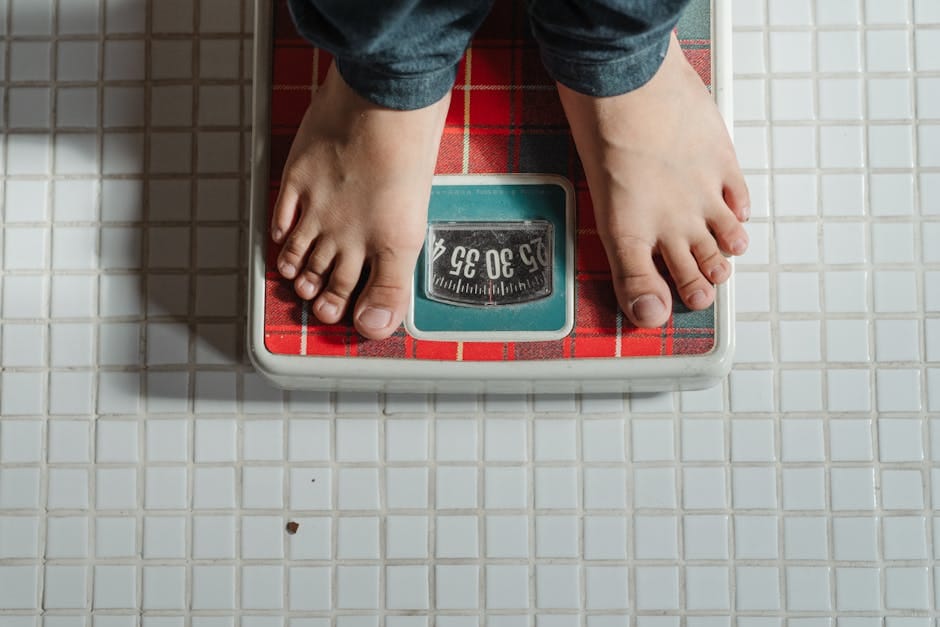Weight loss is a common goal for many people, but it can be a challenging journey. With countless diets and exercise programs available, it can be overwhelming to know where to start. This comprehensive guide will provide you with a thorough understanding of weight loss, offering evidence-based strategies and practical tips to help you achieve your goals.
**Understanding Weight Loss**
Weight loss involves reducing the amount of body fat, leading to a lower overall weight. It occurs when you consume fewer calories than you burn. Calories are the units of energy found in food, and when you consume more calories than your body needs, the excess is stored as fat. Conversely, when you burn more calories than you consume, your body taps into stored fat for energy, resulting in weight loss.
**Factors Affecting Weight Loss**
Various factors influence weight loss, including:
– **Genetics:** Genetics play a role in body composition and metabolism, which can affect how easily or difficultly you lose weight.
– **Hormones:** Hormones such as insulin, leptin, and ghrelin regulate appetite, metabolism, and fat storage. Imbalances in these hormones can impact weight loss efforts.
– **Metabolism:** Your body's metabolism determines how quickly you burn calories. A faster metabolism means you burn more calories, even at rest.
– **Lifestyle:** Factors such as diet, exercise, sleep, and stress levels significantly impact weight loss. Healthy habits promote weight loss, while unhealthy habits can hinder it.
**Evidence-Based Strategies for Weight Loss**
– **Calorie Deficit:** Creating a calorie deficit is essential for weight loss. Track your calorie intake and aim to consume fewer calories than you burn.
– **Healthy Diet:** Focus on consuming whole, unprocessed foods such as fruits, vegetables, lean protein, and whole grains. Limit sugary drinks, processed foods, and unhealthy fats.
– **Regular Exercise:** Engage in regular physical activity to burn calories and increase metabolism. Aim for at least 150 minutes of moderate-intensity exercise or 75 minutes of vigorous-intensity exercise per week.
– **Protein Intake:** Include adequate protein in your diet to support muscle preservation and increase satiety, reducing hunger cravings.
– **Hydration:** Drink plenty of water throughout the day to promote fullness and boost metabolism.
**Practical Tips for Weight Loss**
– **Set Realistic Goals:** Avoid aiming for drastic weight loss in a short period. Setting achievable goals will help you stay motivated and avoid disappointment.
– **Make Gradual Changes:** Start by making small, gradual changes to your diet and exercise routine. This will make the process more sustainable.
– **Find an Accountability Partner:** Enlist the support of a friend, family member, or professional to provide encouragement and accountability.
– **Seek Professional Help:** If you struggle to lose weight on your own, consider seeking guidance from a registered dietitian or healthcare provider.
– **Be Patient and Persistent:** Weight loss is a journey that requires patience and persistence. Don't get discouraged by setbacks, and celebrate each small victory along the way.
Remember, weight loss is a personal journey, and what works for one person may not work for another. It's important to find an approach that fits your lifestyle and health needs. By following evidence-based strategies, making practical lifestyle changes, and staying committed, you can achieve your weight loss goals and lead a healthier life.

